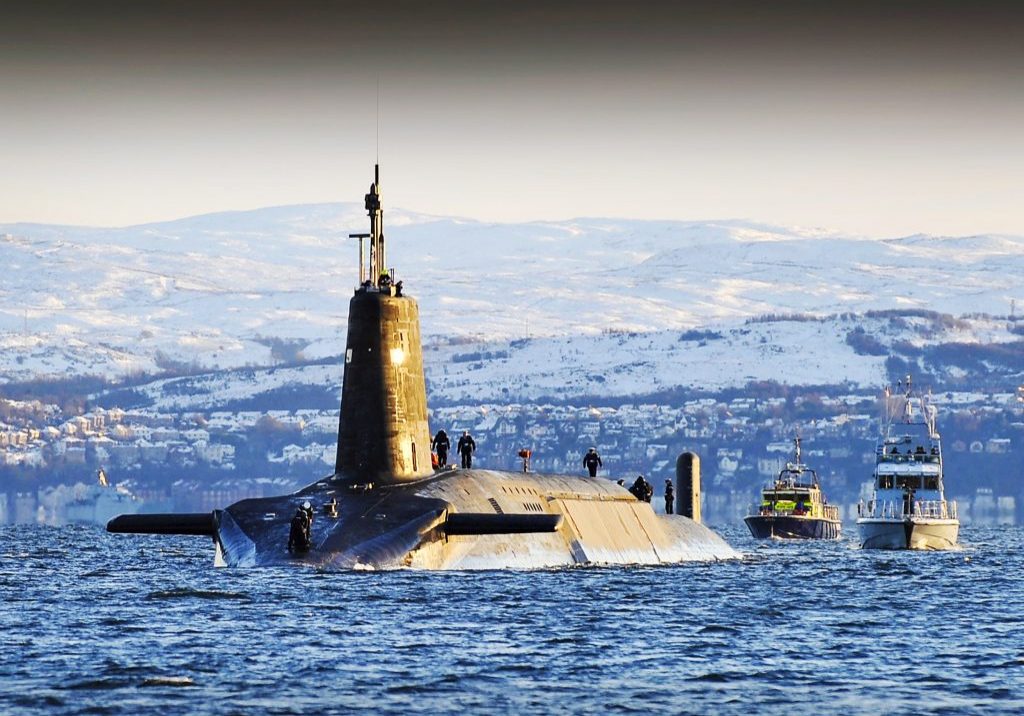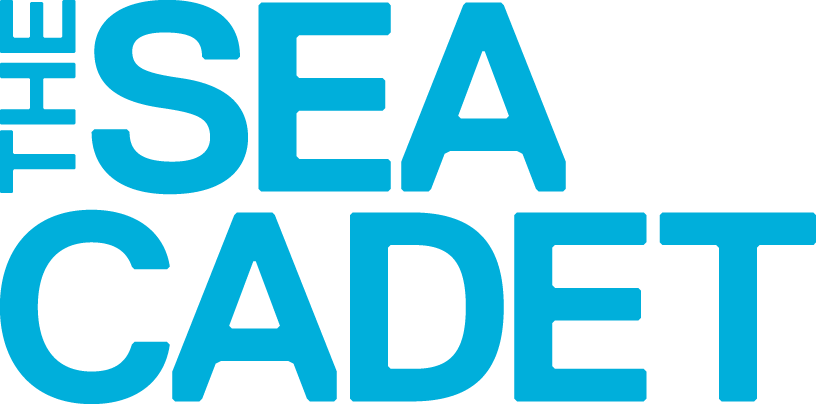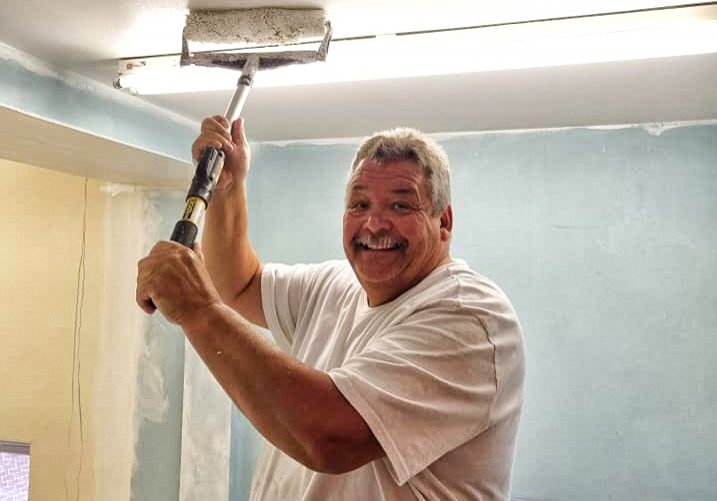Careers: how to become a scientist
Meet a scientist who works on the testing that has helped to create a vaccine for Covid-19

Rosalind Strang works on the testing that has helped to create a vaccine for Covid-19. She tells us how she got into the world of science and how it feels to be involved in something so important.
Can you describe what you do?
I’m a Clinical Trials Volunteer Recruitment Manager. My job is to find volunteers for trials (tests on humans to see if a treatment works) – these are run within the NHS. Most hospitals have at least one research department that runs trials for lots of different diseases.
Why did you pursue a career in science?
I like science! I love it when I understand something I didn’t the day before, and I wanted what I do to have a direct impact on people’s lives. This has been particularly true this year, as Covid-19 treatments and vaccines have been found in record time.
When did you know you wanted to do it?
If you’d asked me what job I wanted to do while I was at school, I would have said ‘I don’t know.’ I knew I’d choose science from a fairly young age, but I didn’t work out a career path until my last year of uni. When I started my first job I wasn’t sure if it was right for me – it turned out that I found the clinical trials sector exciting, but I wasn’t set on this when I started.
What did you study at school and university?
At A-level I did maths, chemistry, biology and AS French. My degree is MSci Natural Sciences: Synthetic Organic Chemistry and Biomedical Science, from UCL (University College London). I chose natural sciences as I didn’t know what I wanted to do. In a natural sciences degree, you study two sciences then specialise each year. This was great as I got to take ‘taster’ modules before deciding.
Can you tell us about your career path?
My first job was as a Data Administrator at a clinical research facility similar to the one I work in now. This is a very common entry level role. Then I got a promotion to Data Manager, with more responsibility and more focus on a specific disease. In May 2020, my boss asked if I would like to be involved in a Covid-19 vaccine trial.
What has your work on Covid-19 involved?
I was involved in making sure we were using the correct documentation at all times. I ended up doing lots of different tasks for vaccine trials (including the Oxford/AstraZeneca vaccine and one developed by Imperial University). I really enjoyed looking after the trial email inbox and answering questions. This led me to apply for my current role, where I could have more contact with trial participants.
What’s a normal day like?
It varies a lot, depending on which stage of the trial we’re in. Before a trial starts, I decide on the best way to advertise that specific trial. This has been easy with Covid-19 as lots of people want to take part. I call potential participants, answer their questions, then screen them to make sure they’re eligible. Once we’ve recruited enough people, I’m responsible for scheduling their appointments and answering their questions.
What are the best things about your job?
I love that I get to talk to people most of the day! Especially with Covid-19, people are very interested in what we’re doing and how it works, and really excited that they can contribute to the science which will hopefully bring us out of the pandemic. It’s also great to work for an institution like the NHS.
What are some of the challenges?
Recruiting participants to clinical trials is usually competitive. This means lots of sites all over the the world are recruiting at the same time for a limited number of spaces. Sometimes I can see other sites recruiting more people more quickly so I have to keep in mind that each site has different levels of staff, capacity and resources.
What’s the highlight of your career so far?
Seeing clips of elderly people receiving their first dose of the Oxford/AstraZeneca vaccine. It was amazing to know all the hard work of so many people had paid off, and to see that something I worked on was helping people.

We asked Rosalind for three skills you need for a career in science, (all of which you learn at Sea Cadets):
- Knowing when to ask for help – people are usually happy to help, so just ask.
- Confidence in talking to new people – working in a café and doing volunteering projects at school really helped me with this and has been invaluable in my job.
- Teamwork – I work as part of many different teams in my role and being able to work well with lots of different people who have different jobs and priorities is crucial.
More Advice

Careers: How to become a submariner
Ever wondered what it’s like to work underwater? Mechanical engineer Lt. Isobel Rawlinson talks about her role, and rowing across the Atlantic


